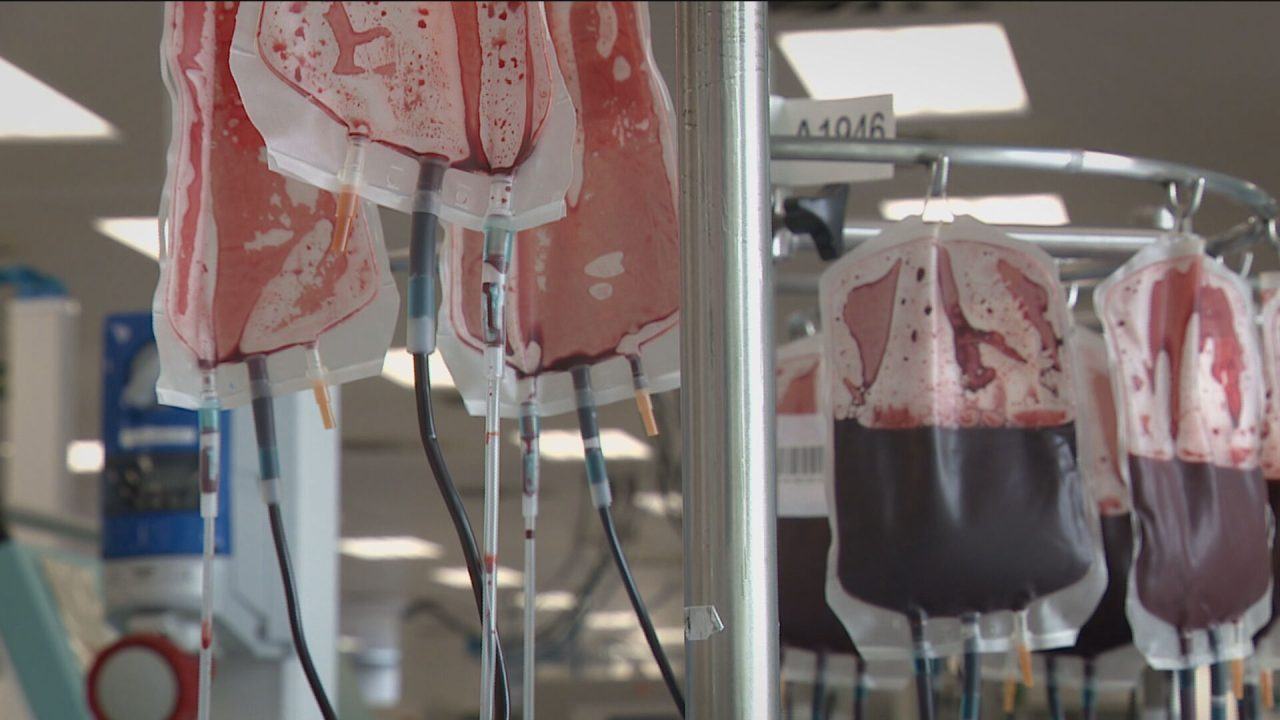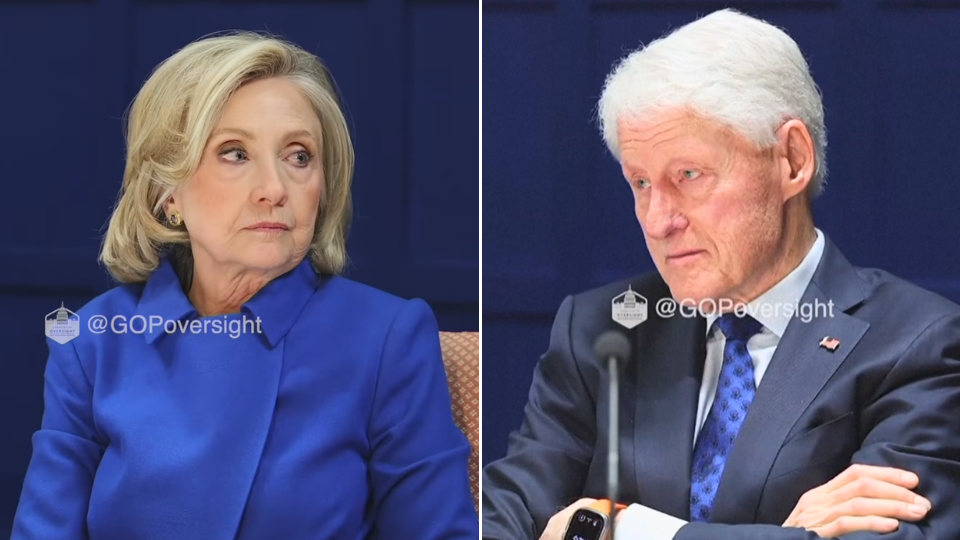The first full compensation payments to victims of the infected blood scandal will be made before the end of the year, ministers have confirmed.
Cabinet office minister John Glen said he recognised that “time is of the essence” as he announced that many will also benefit from further interim compensation payments of £210,000 within 90 days.
He also announced that friends and family members of those infected would also be eligible for compensation under the scheme.
And Sir Robert Francis KC has been announced as the interim chair of the arm’s-length Infected Blood Compensation Authority, the Government confirmed.
Glen reiterated the Prime Minister’s apology to victims of the infected blood scandal, telling the Commons: “Yesterday the Prime Minister spoke about the anguish that the infected blood scandal brought to those impacted by it. I want to reiterate his words and apologise again today, I am sorry.”
He later added: “Those who have been infected or affected as a result of this scandal will receive compensation.
“To be crystal clear, if you have been directly or indirectly infected by NHS blood, blood products or tissue contaminated with HIV or hepatitis C, or have developed a chronic infection from blood contaminated with hepatitis B, you will be eligible to claim compensation under the scheme.
“And where an infected person has died, but would have been eligible under these criteria, compensation will be paid to their estate. And this will include where a person was infected with hepatitis B and died during the acute period of infection.”
More than 30,000 people were infected with deadly viruses between the 1970s and early 1990s as they received blood transfusions or blood products while receiving NHS care.
The 2,527-page report from the Infected Blood Inquiry, published on Monday, found the infected blood scandal “could largely have been avoided” and there was a “pervasive” cover-up to hide the truth.
Some 3,000 people have since died.
Flanked in the House by chancellor Jeremy Hunt and deputy prime minister Oliver Dowden, Glen did not confirm the cost of the compensation package for those infected and affected by the tragedy, though it is reported to be upwards of £10bn.
He said that friends and family members of those infected would also be eligible to apply under the scheme.
Glen said: “When a person with an eligible infection has been accepted onto the scheme, their affected loved ones will be able to apply for compensation in their own right.
“That means partners, parents, siblings, children, friends and family who have acted as carers of those who are infected are all eligible to claim.
“Now, I’m aware that being asked to provide evidence of eligibility will likely be distressing, so I’m determined to minimise that as much as possible and I’m pleased to confirm today that anyone already registered with one of the existing infected blood support schemes will automatically be considered eligible for compensation.”
Glen said the inquiry recommended the scheme should be flexible in its awards of compensation, providing both for a lump sum or regular payments, adding: “We agree and that is why the awards to living infected or affected persons will be offered as a lump sum or periodical payments.
“Where the infected person has died, estate representatives will receive compensation as a single lump sum to then distribute to beneficiaries of the estate as is appropriate.
“We’ll also guarantee that any payments made to those eligible will be exempt from income, capital gains and inheritance tax, as well as disregard from means-tested benefit assessments.
“We’ll also ensure that all claimants are able to appeal their award, both through an internal review process in the Infected Blood Compensation Authority and, where needed, the right to appeal to a first-tier tribunal.
“Our expectation is that final payments will start before the end of the year.”
Glen outlined the five categories under which compensation would be awarded and said that multiple awards would be provided where applicable.
These include: injury, social impact, autonomy, care and financial loss.
On interim payments, he added: “Today I’m announcing the Government will be making further interim payments ahead of the establishment of the full scheme.
“Payments of £210,000 will be made to living infected beneficiaries, those registered with existing infected blood support schemes, as well as those who register with the support scheme before the final scheme becomes operational, and the estates of those who pass away between now and payments being made.
“I know that time is of the essence, which is why I’m also pleased to say that they will be delivered within 90 days, starting in the summer, so that they can reach those who need it so urgently most.”
Confirming Sir Robert’s position, he added: “We are establishing the Infected Blood Compensation Authority, an arm’s-length body to administer the compensation scheme.
“A shadow body has already been set up and an interim CEO has been appointed, and today I’m delighted to announce the appointment of Sir Robert Francis as the interim chair of the organisation.
“The experience and the care that Sir Robert will bring to this role will ensure that the scheme is credible and trusted by the community. His support in delivering this scheme will be invaluable.
“Over the next few weeks Sir Robert Francis will seek views from the infected blood community on the proposed scheme before its terms are set in regulations, to make sure that the scheme will best serve those that it’s intended for.”
Glen said he recognised the importance of existing infected blood support scheme payments, telling the Commons: “I want to provide reassurance to all those out there today that no immediate changes will be made to the support schemes.
“Payments will continue to be made at the same level until March 31 2025 and they will not be deducted from any of these compensation awards.
“From April 1 2025, any support scheme payments received will be counted towards a beneficiary’s final compensation award – this will ensure parity between support scheme beneficiaries regardless of whether they were the first or the last to have their compensation assessed by the Infected Blood Compensation Authority.
“We will ensure that no-one receives less in compensation than they would have received in support payments.”
Follow STV News on WhatsApp
Scan the QR code on your mobile device for all the latest news from around the country


























